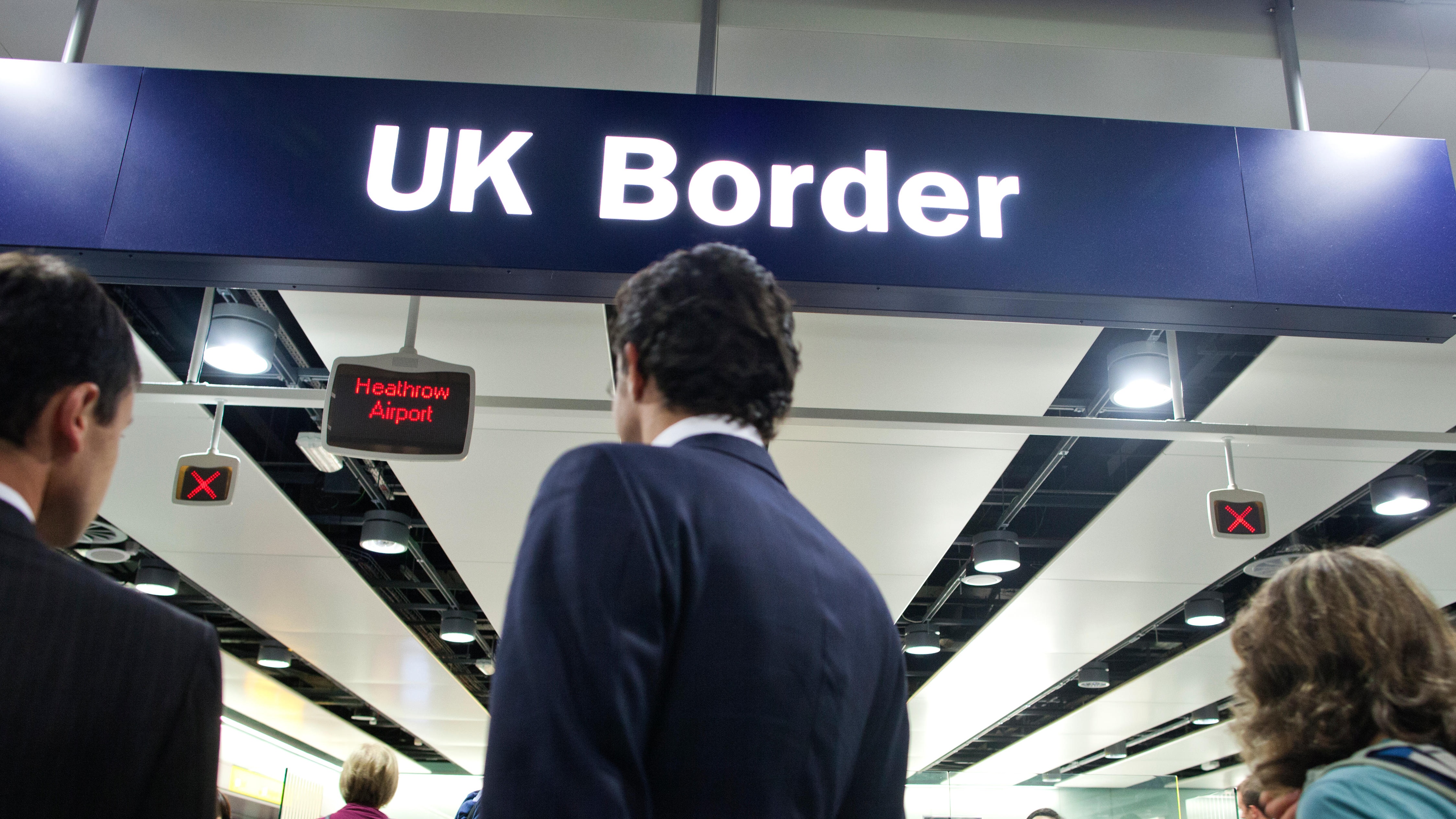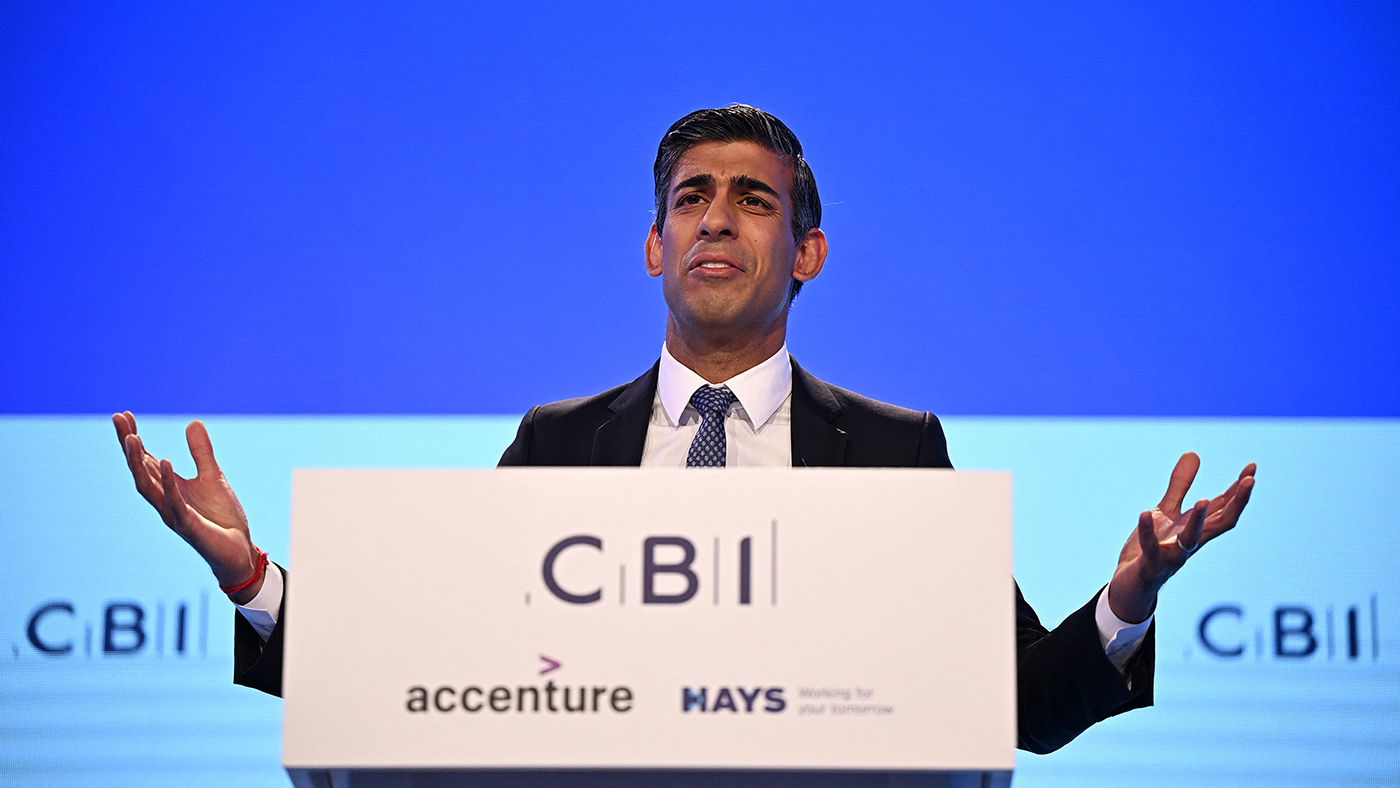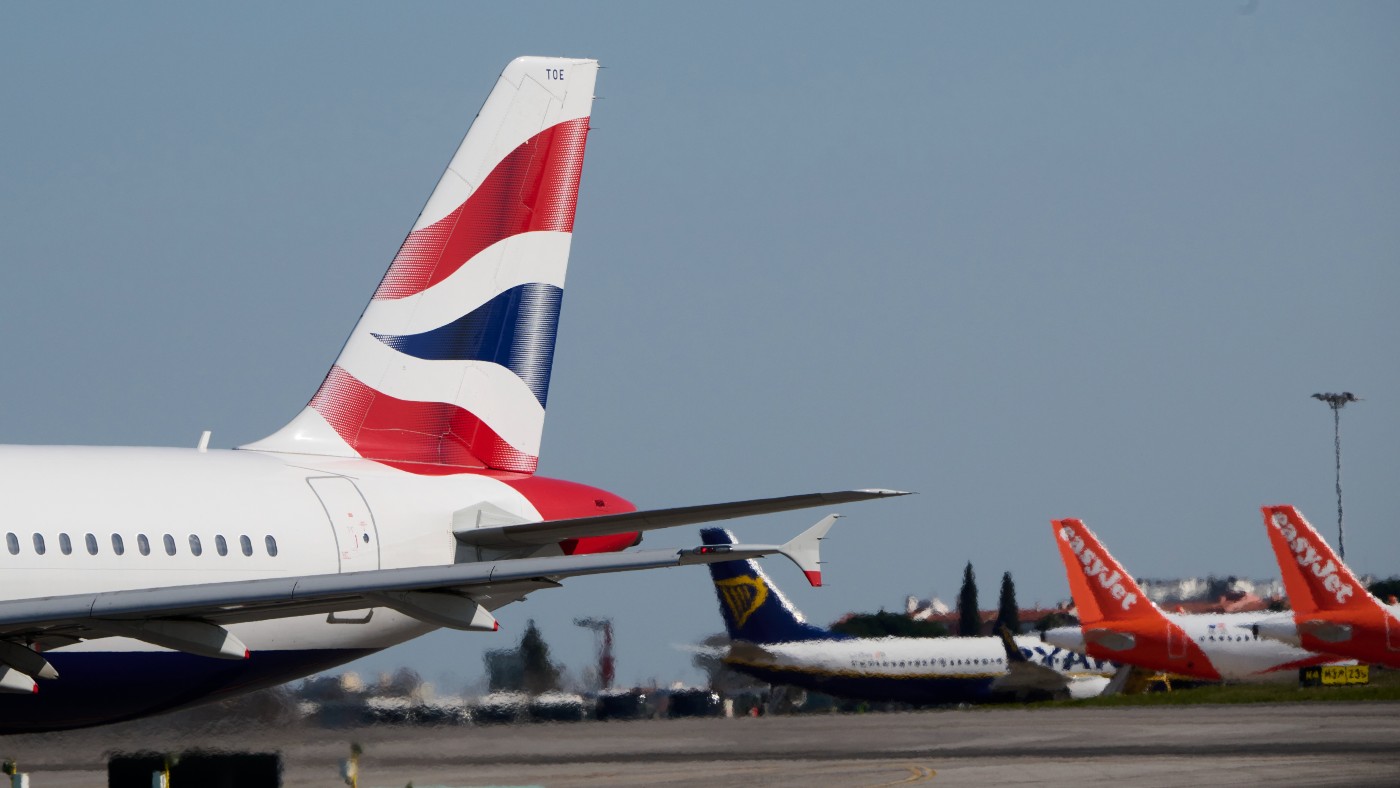‘Real debate of our times’: the four-day working week
A look at how the way we work is changing around the world

A free daily email with the biggest news stories of the day – and the best features from TheWeek.com
You are now subscribed
Your newsletter sign-up was successful
In the past 18 months the working lives of millions of people have changed due to the Covid-19 pandemic. Remote employment has become the norm for many while a number of companies are now moving towards a hybrid system where staff split their time between the office and home.
The “traditional” five-day working week – a 9am-5pm Monday to Friday routine – has become more flexible with the advancement of technology and the global outlook of the economy. However, the impact of the pandemic has already seen “changes to work patterns” and there is “growing support” for the UK government to introduce a four-day working week, The Big Issue said.
A four-day working week “might sound like a radical idea”, said Yomi Adegoke on the i news site, but “so did weekends at first”.
The Week
Escape your echo chamber. Get the facts behind the news, plus analysis from multiple perspectives.

Sign up for The Week's Free Newsletters
From our morning news briefing to a weekly Good News Newsletter, get the best of The Week delivered directly to your inbox.
From our morning news briefing to a weekly Good News Newsletter, get the best of The Week delivered directly to your inbox.
Here we look at how working weeks are changing around the world – starting with the United Arab Emirates, which has announced a new four-and-a-half-day working week for federal employees from 1 January 2022.
United Arab Emirates
The UAE is the “first nation in the world to introduce a national working week shorter than the global five-day week”, state news agency WAM reported. From 1 January federal government entities and employees will work from 7.30am-3.30pm Monday to Thursday and Friday will be a half day, from 7.30am to midday.
It’s not just the working hours that are changing in the UAE but also the weekend itself. The country will switch from a Friday-Saturday weekend to Saturday-Sunday to “better align the UAE with global markets” and to “boost work-life balance and enhance social wellbeing”.
While the change will be implemented for the public sector, the UAE’s private sector is “unlikely” to adopt a four-and-a-half-day working week, Arabian Business reported.
A free daily email with the biggest news stories of the day – and the best features from TheWeek.com
United Kingdom
The five-day week has been “part of UK working life for more than a century”, so any alterations “would be considered a radical shift”, The Big Issue said. Calls for a four-day week have “grown louder” since the start of the pandemic.
It was once thought of as a “wacky idea”, said The Sun, but many UK firms are now moving to four-day weeks in an attempt to “raise efficiency and attract the best talent”. Atom Bank recently confirmed its move to a permanent four-day week, without reducing pay by a penny, and many other companies have also made the change.
In September the governing Scottish National Party (SNP) announced that Scotland would trial a four-day week, but without a loss of pay. However, the plan is “fatally flawed”, said Wired, because the Scottish government has “no powers” to make four-day working weeks “a nationwide policy from on high”. This is “a shame” because, if successful, the scheme could have “the potential to be not just transformational but world-leading, too”.
In the UK the average weekly hours of work for full-time employees was 36 hours from July to September, according to the Office for National Statistics. You can’t work more than 48 hours a week on average, the government website explained. This law is sometimes called the “working time directive” or “working time regulations”.
United States
Four-day working weeks, and even three-day ones, have been “debated since the inception of the American weekend”, said the Grand Forks Herald, but America has “never seriously approached it”.
More than a year and a half into the pandemic, many American workers are “experiencing burnout”, CNBC said. The “remedy” could be the four-day working week and according to a survey from Eagle Hill Consulting, 83% of US employees polled said a shortened week of work would help.
In July a bill was introduced by Democratic congressman Mark Takano that would reduce the standard working week from 40 hours to 32.
Europe
According to data published by the European Commission, the EU average usual working week was 37 hours in 2020. Work hours vary from region to region, but some European countries have looked at the possibility of introducing a four-day working week.
From 2015 to 2019 Iceland conducted the world’s largest pilot of the four-day working week. Cutting down from the traditional 40 hours to 35-36 hours, it was dubbed a “success” by researchers, German broadcaster DW reported.
Sweden tried a six-hour workday and “productivity improved”, said Inc.com. And Finland’s Prime Minister Sanna Marin has also suggested a four-day working week or six-hour days.
In March Spain announced it would trial the four-day working week. Small leftwing Spanish party Más País proposed a three-year, €50m (£42.8m) project that would allow companies to trial reduced hours with minimal risk, The Guardian reported. “With the four-day work week (32 hours), we’re launching into the real debate of our times,” said Inigo Errejon of Mas Pais on Twitter. “It’s an idea whose time has come.”
China
In September this year the Chinese authorities issued a “stern reminder” to companies that punishing work cultures such as the “996” system were in fact illegal, the BBC reported.
Jack Ma, the billionaire co-founder of online shopping giant Alibaba, called the 996 system a “blessing” in 2019, arguing that without it China’s economy was “very likely to lose vitality and impetus”. The number refers to working from 9am to 9pm six days a week and is said to be common among the country’s big technology companies and start-ups.
China’s labour laws state that a standard working day is eight hours, with a maximum of 44 hours a week. Extra work requires pay for overtime, but “this has not been well enforced”, the BBC said.
-
 Health insurance: Premiums soar as ACA subsidies end
Health insurance: Premiums soar as ACA subsidies endFeature 1.4 million people have dropped coverage
-
 Anthropic: AI triggers the ‘SaaSpocalypse’
Anthropic: AI triggers the ‘SaaSpocalypse’Feature A grim reaper for software services?
-
 NIH director Bhattacharya tapped as acting CDC head
NIH director Bhattacharya tapped as acting CDC headSpeed Read Jay Bhattacharya, a critic of the CDC’s Covid-19 response, will now lead the Centers for Disease Control and Prevention
-
 Britishvolt: how Britain’s bright battery hope was zapped
Britishvolt: how Britain’s bright battery hope was zappedfeature Battery-making startup’s demise ‘has thrown up tales of reckless spending’ and incompetence
-
 Sam Bankman-Fried: the arrest of the disgraced crypto crusader
Sam Bankman-Fried: the arrest of the disgraced crypto crusaderfeature The founder of the failed crypto exchange FTX was arrested on Monday
-
 The UK’s migration ‘surge’ examined
The UK’s migration ‘surge’ examinedfeature 1.1 million people migrated to the UK last year, according to the latest ONS data
-
 Why UK companies are facing a dystopian, zero-growth future
Why UK companies are facing a dystopian, zero-growth futurefeature In prioritising stability, the Treasury risks ‘stifling enterprise and entrepreneurship’
-
 UK builders: drawing a line under the cladding crisis?
UK builders: drawing a line under the cladding crisis?feature Michael Gove’s threat to builders may be paying off
-
 Travel is back: is the UK aviation industry ready for the big take-off?
Travel is back: is the UK aviation industry ready for the big take-off?feature After two years of chaos caused by Covid-19, airports and airlines are now hit by a staffing crisis
-
 National Lottery operating licence: and the winner is…
National Lottery operating licence: and the winner is…feature Camelot has ‘outlasted five prime ministers’, but following a hotly contested bidding process, it has finally been toppled
-
 Big brand boycotts in Russia: who is in and who is out?
Big brand boycotts in Russia: who is in and who is out?feature Hundreds of Western companies have pulled out of Russia, but some remain